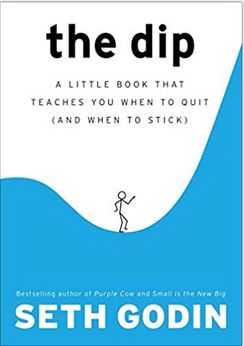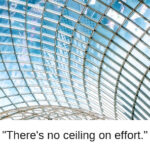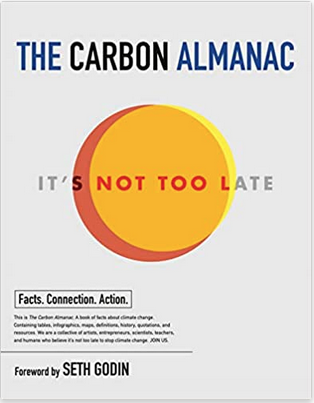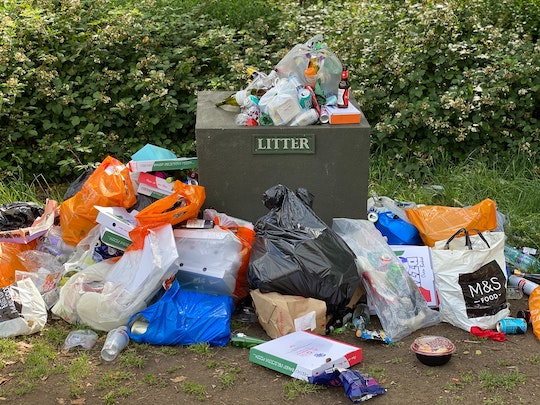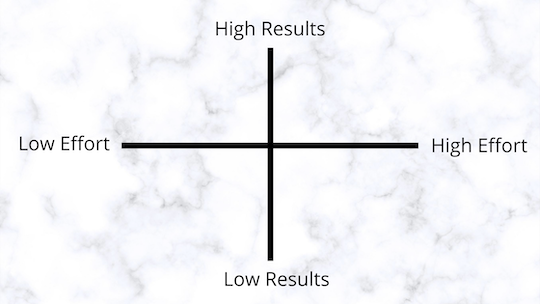“When you lean in, your risk being hit.”
—Rich Litvin, co-author of The Prosperous Coach
In how many areas of your life do you sit on the sidelines as a spectator?
Where in your personal or professional communities are you playing it safe, avoiding the bumps and bruises of the players on the field?
Whether it is in your career, a competitive sporting event, or even in a significant relationship, leaning in has its risks.
What potential rewards will never be realized if you are always keeping your distance?
EXERCISE:
Where is it time to lean into something of great importance or urgency?
How can you best prepare yourself for the possible hits you may receive in your efforts to reach some worthy objective?





